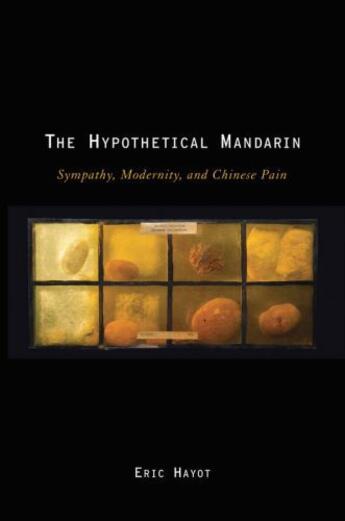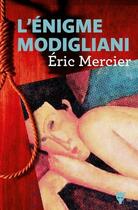-
Nombre de pages : (-)
-
Collection :
(-)
-
Genre :
(-)
-
Thème :
Non attribué
-
Prix littéraire(s) :
(-)
Résumé:
Why has the West for so long and in so many different ways expressed the idea that the Chinese have a special relationship to cruelty and to physical pain? What can the history of that idea and its expressions teach us about the politics of the West's contemporary relation to China? And what... Voir plus
Why has the West for so long and in so many different ways expressed the idea that the Chinese have a special relationship to cruelty and to physical pain? What can the history of that idea and its expressions teach us about the politics of the West's contemporary relation to China? And what does it tell us about the philosophy of modernity?
The Hypothetical Mandarin is, in some sense, a history of the Western imagination. It is also a history of the interactions between Enlightenment philosophy, of globalization, of human rights, and of the idea of the modern. Beginning with Bianchon and Rastignac's discussion of whether the former would, if he could, obtain a European fortune by killing a Chinese mandarin in Balzac's Le Pere Goriot (1835), the book traces a series of literary and historical examples in which Chinese life and European sympathy seem to hang in one another's balance. Hayots wide-ranging discussion draws on accounts of torture, on medical case studies, travelers tales, photographs, plasticized corpses, polemical broadsides, watercolors, and on oil paintings. His analyses show that the historical connection between sympathy and humanity, and indeed between sympathy and reality, has tended to refract with a remarkable frequency through the lens called "China," and why the story of the West's Chinese pain goes to the heart of the relation between language and the body and the social experience of the modern human being.
Written in an ebullient prose, The Hypothetical Mandarin demonstrates how the network that intertwines China, sympathy, and modernity continues to shape the economic and human experience.
Donner votre avis














